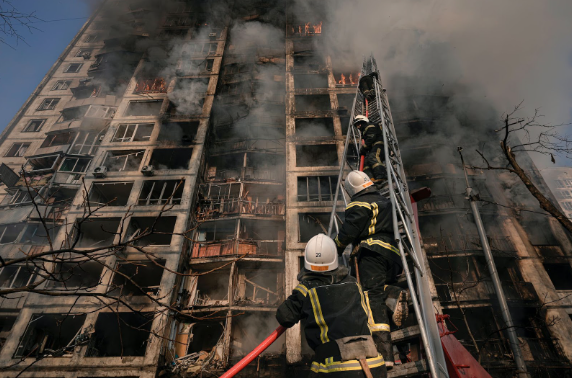
No one wants to deal with taking out a mortgage loan and having it denied. Of course, it’s never the ideal situation to apply for a loan and then receive a rejection for it. Recently the Urban Institute calculated real denial rates to determine which mortgage loans are denied most often. It shows that more often people with lower credit scores are the ones most often denied from getting a mortgage loan.
Government-backed loans get denied less than conventional loans. You’ll want to avoid the conventional loans so you don’t risk getting denied; it’s not worth the risk. Forbes reported that “conventional loan applications are denied almost 50% of the time, versus just over 20% for government loans.”
According to Tendayi Kapfidze, chief economist at LendingTree, this happens because of the higher requirements that are set for these mortgage loans due to having the lower credit scores. “The conventional market has stricter lending standards than the government-backed market,” Kapfidze said to Forbes. “As such, if the applicant pool were the same, the conventional market would have a higher observed denial rate. Consumers accurately judge this, thus lower credit borrowers self-select into the government market, which boosts their odds of approval.”
He continued to Forbes that there is less for lenders to gain from lending to a borrower that has a lower credit score. That’s because a lot of lenders see these borrowers as unreliable and at a higher risk for defaulting on a loan. They also have reason to believe that those with a lower credit score could potentially be lying about not being able to pay their loans on time or are more likely to pay their loans back late. Because of the research that shows that this is more likely to happen, lenders are able to be selective with who they deem able to qualify for one of their mortgage loans and who is not able to qualify for one of their mortgage loans.
“Low balance loans have thinner profit margins because the fixed costs of origination are similar regardless of loan size,” he said to Forbes. “Thus, losses on low dollar loans quickly eat into the margin, making lenders more conservative when underwriting these loans, boosting the denial rates.”
Small balanced loans usually below $70,000 or lower see higher denial rates. Forbes said, “Applications for loans under the $70,000 mark had a 52% denial rate, while those for over $150,000 were denied just 29% of the time.”





